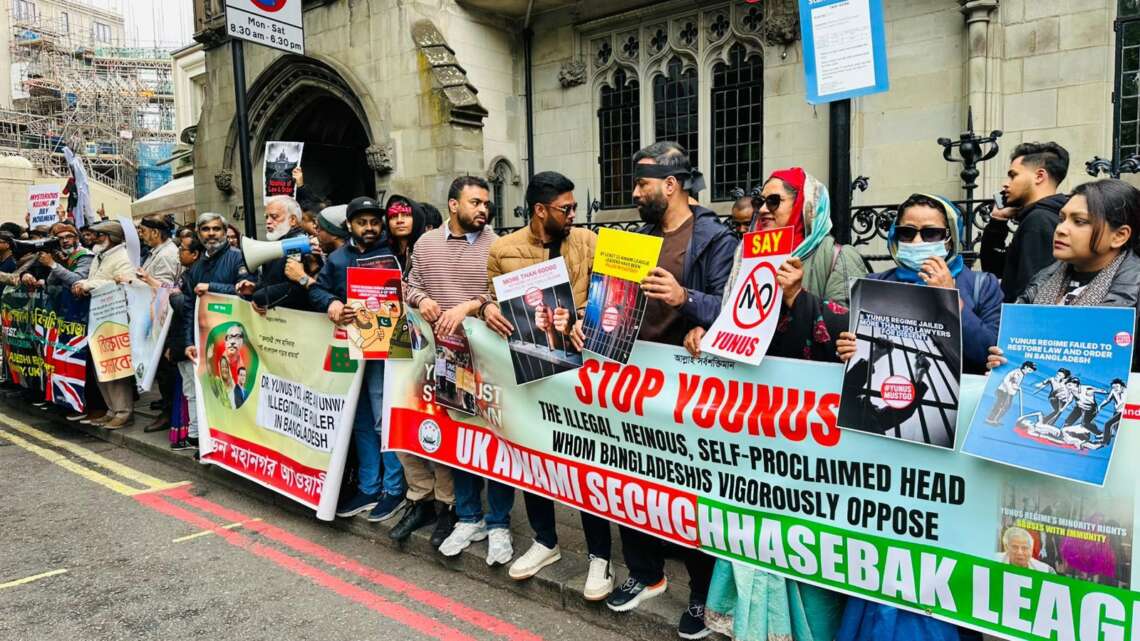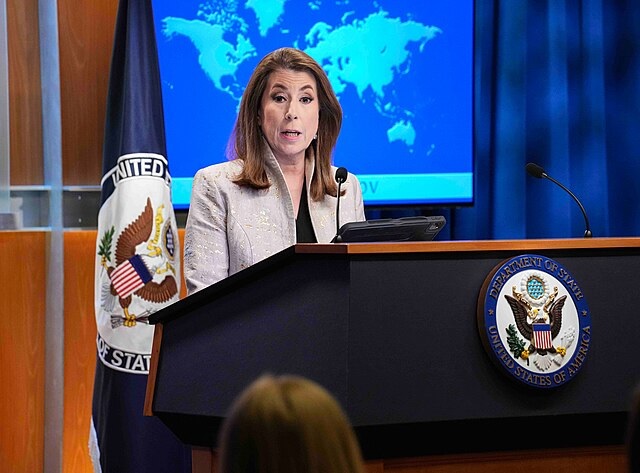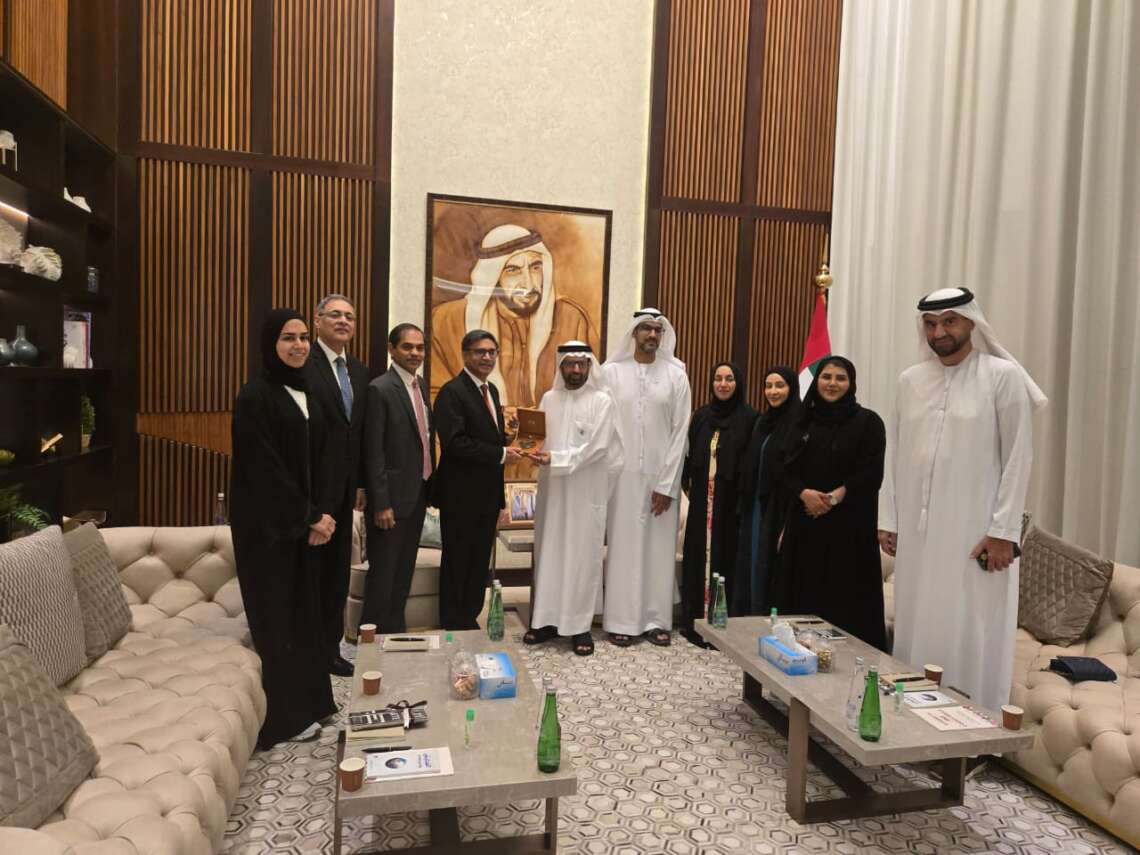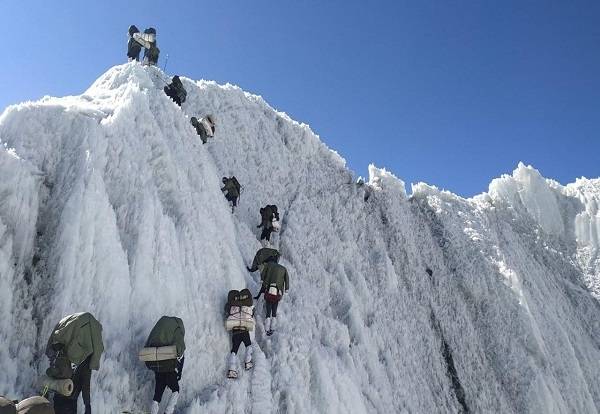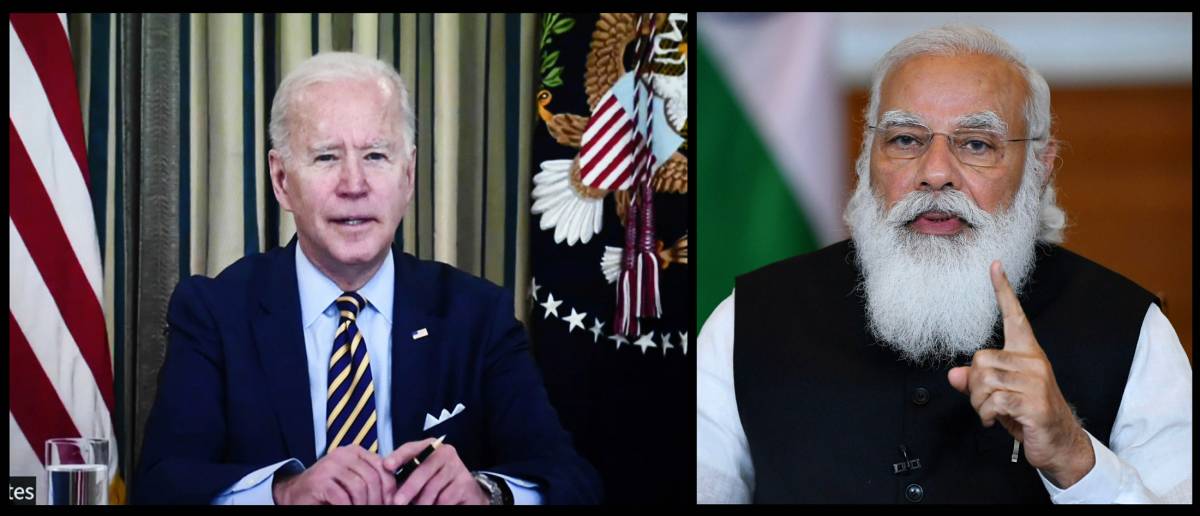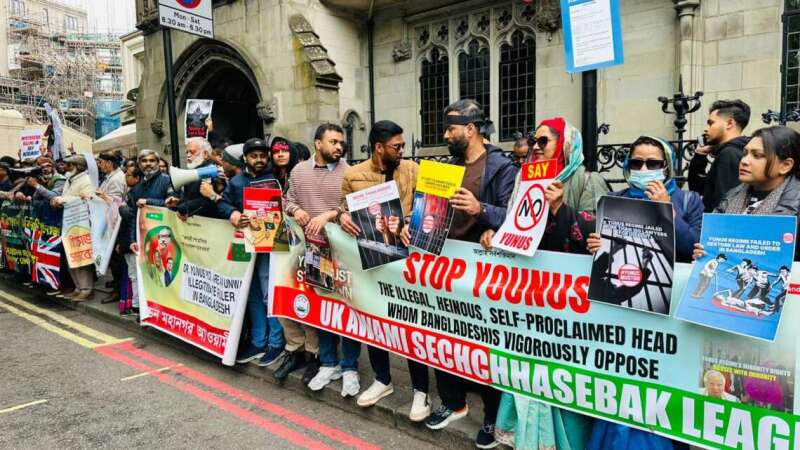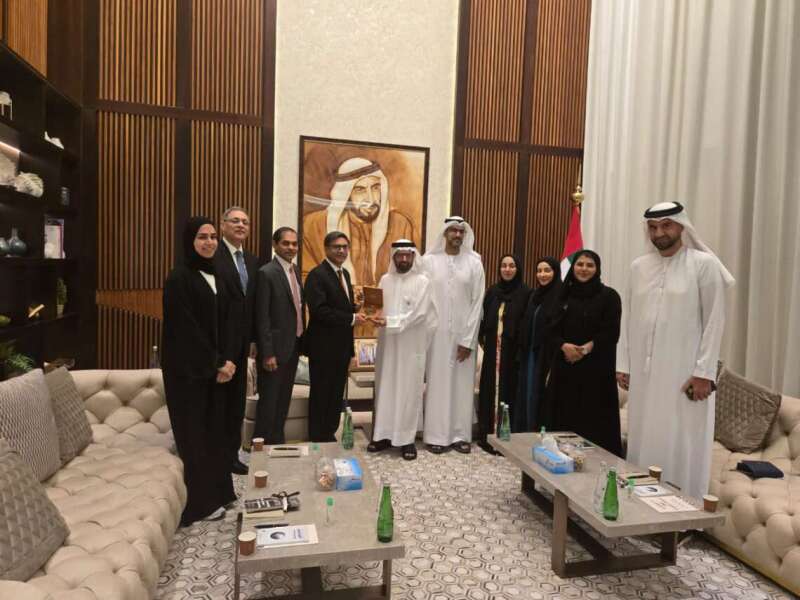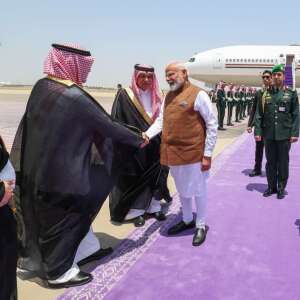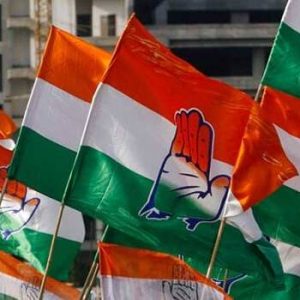Narendra Modi expressed India’s intent in its deep democratic principles to align itself with the richest democratic grouping in the world as a “natural ally” to fight against threats of authoritarianism, reports Asian Lite News
Standing at the precipice of a shifting global world order, India has been inalienably drawn to the centre of the new global architecture. Challenges posed by China’s aggressiveness — both economy and military, climate change and the construction of a pandemic-driven world order has placed India and the West at a point of convergence.
The West, in recent years, has realised the fallacy of geographical boundaries as an integer for a democratic coalition. And India is at the very heart of this altered Western calculus. An indicator in recent times has been the elevation of the Quadrilateral Security Dialogue or Quad (comprising US, Australia, India and Japan) to summit level talks.
As a natural progression to the strategic role played by India in the Western scheme, it was invited to be a part of the G-7 meet which took place in Britain’s administrative county of Cornwall.
For India, too, the Cornwall summit was a crucial part of its strategic cooperation with the West. This included strong bilateral strategic cooperation with the US, France, UK as well as the Quad and the trilateral partnerships with France and Australia as well as Japan and Australia. India has also stepped up its engagement with the European Union.
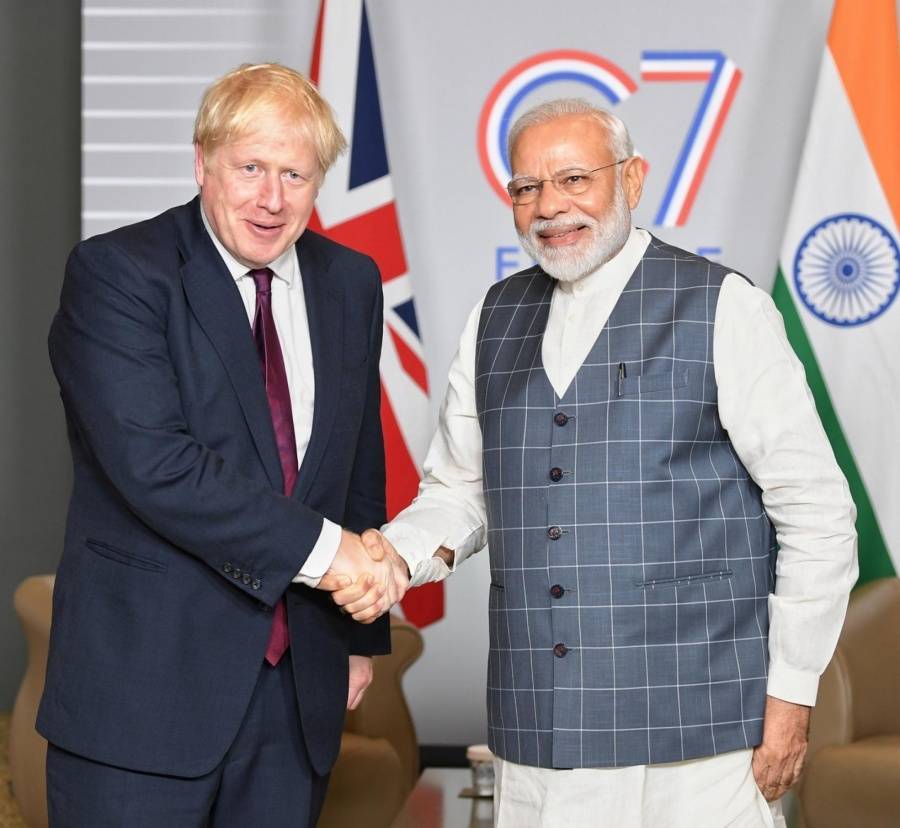
India’s intent in its deep democratic principles to align itself with the richest democratic grouping in the world was amply exhibited in Prime Minister speech calling India a “natural ally” to work with and fight against threats of authoritarianism.
Speaking at a special outreach session for guest countries on “Open Societies and Open Economies”, Modi marked out the need for a “free, open and inclusive” Indo-Pacific. The PM also said the government will study US President Joseph Biden’s proposal for a “Build Back Better World” (B3W) initiative, seen as a counter to China’s trillion-dollar Belt and Road Initiative, that was endorsed by the G7, keeping in mind the principles of “transparency and inclusion”.
The communique by India also made a strong call for a “timely, transparent, expert-led, and science-based WHO-convened Phase 2 Covid-19 origins study including, as recommended by the experts’ report, in China,” that India had also called for in a statement during the World Health Assembly last month.
“As the world’s largest democracy, India is a natural ally for the G7 and Guest Countries to defend shared values from authoritarianism, terrorism and violent extremism, disinformation and infodemics and economic coercion,” said MEA Secretary (Economic Relations) P. Harish, describing Modi’s virtual intervention at the summit, where Modi was the only leader not to be physically present, owing to the Covid-19 second wave in India.
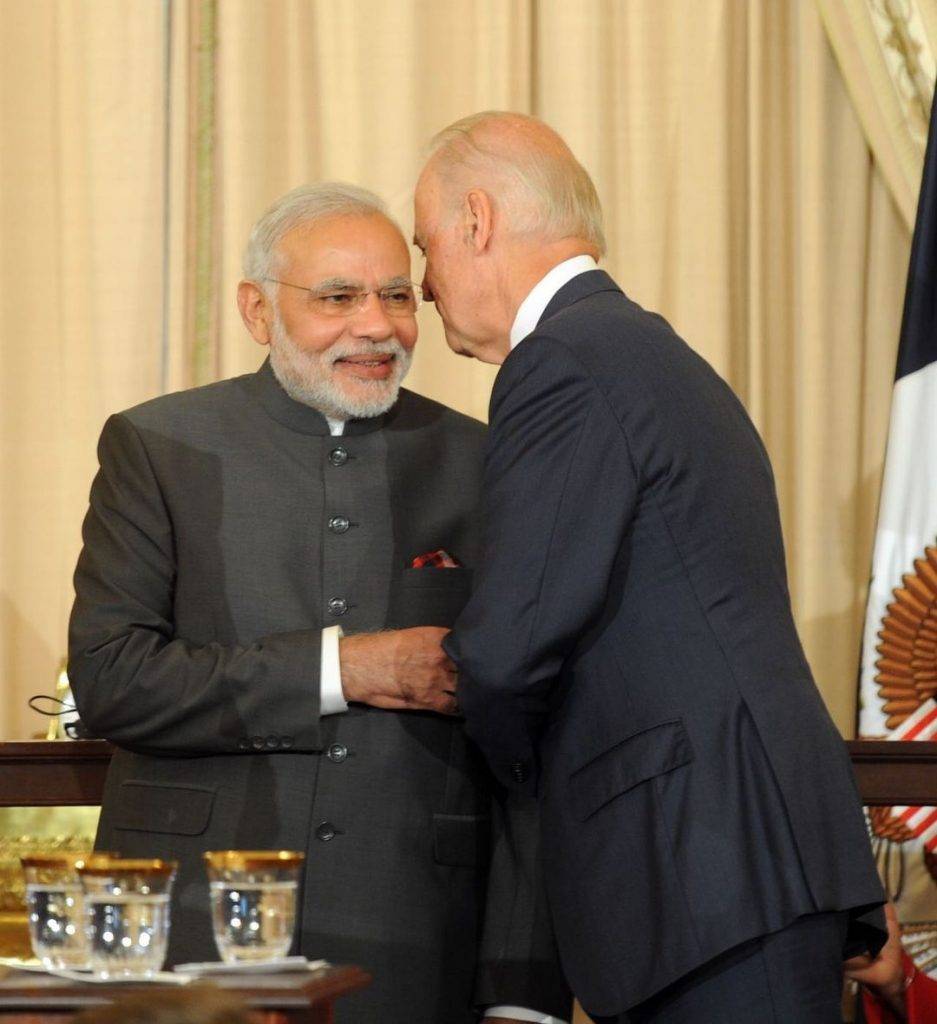
Modi also called on “tech companies and social media platforms” to ensure a “safe cyber environment” for all, a statement significant given the government’s recent regulatory issues with Facebook, Twitter and other tech companies.
Seeks support on support on patent waiver
The Prime Minister also sought “strong support” from the G7 countries for the joint India-South Africa proposal for a TRIPs (Intellectual Property Rights) waiver for coronavirus-related medicines and vaccines.
Modi and other guest leaders attended three special sessions along with the G7 countries, including one on global recovery from the pandemic and access to vaccines, where the G7 committed to donating a billion vaccines to poorer countries, as well as a session on climate change actions leading up to the COP-26 summit in the UK later this year.
According to the Ministry of External Affairs (MEA), the G7 countries all supported “text-based negotiations” on the TRIPS waiver proposal, although the European Union is yet to endorse it.
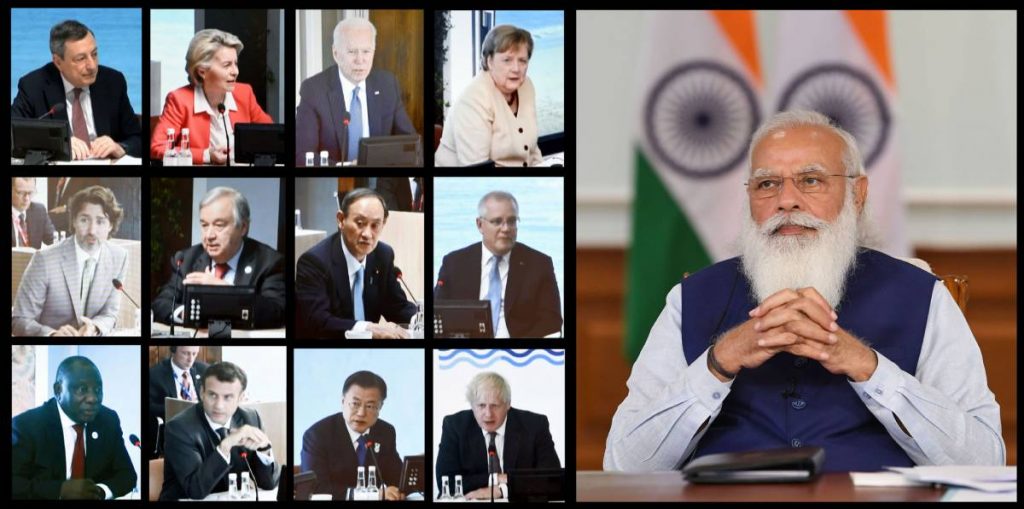
The session on Open Societies was one of three special sessions Modi and other guest leaders attended along with the G-7 countries, including one on global recovery from the coronavirus pandemic and access to vaccines, where the G-7 committed to donating a billion vaccines to poorer countries, as well as a session on Climate Change actions leading up to the COP-26 summit.
‘One earth, one health’ approach to fight the pandemic
Pivotal in its approach for a universal approach to fight the pandemic, the Prime Minister conveyed India’s commitment to “collective” solution to global health challenges. Modi called for “one earth, one health” approach which aims for unity and solidarity among the states of the world to deal with the pandemic. He also emphasised the need to keep raw materials for vaccines easily accessible.
India’s crucial role in G-7 meetings
Since 2014, this is the second time the Prime Minister will be participating in a G7 meeting. India had been invited by the G7 French presidency in 2019 to the Biarritz Summit as a “Goodwill Partner” and Prime Minister Modi participated in the sessions on ‘Climate, Biodiversity and Oceans’ and ‘Digital Transformation’.
During Prime Minister Manmohan Singh’s tenure, India attended the G8 Summit five times. in March 2014, Russia was indefinitely suspended following the annexation of Crimea, reducing G8 to G7.
ALSO READ: G7 to counter China in Indo-Pacific



